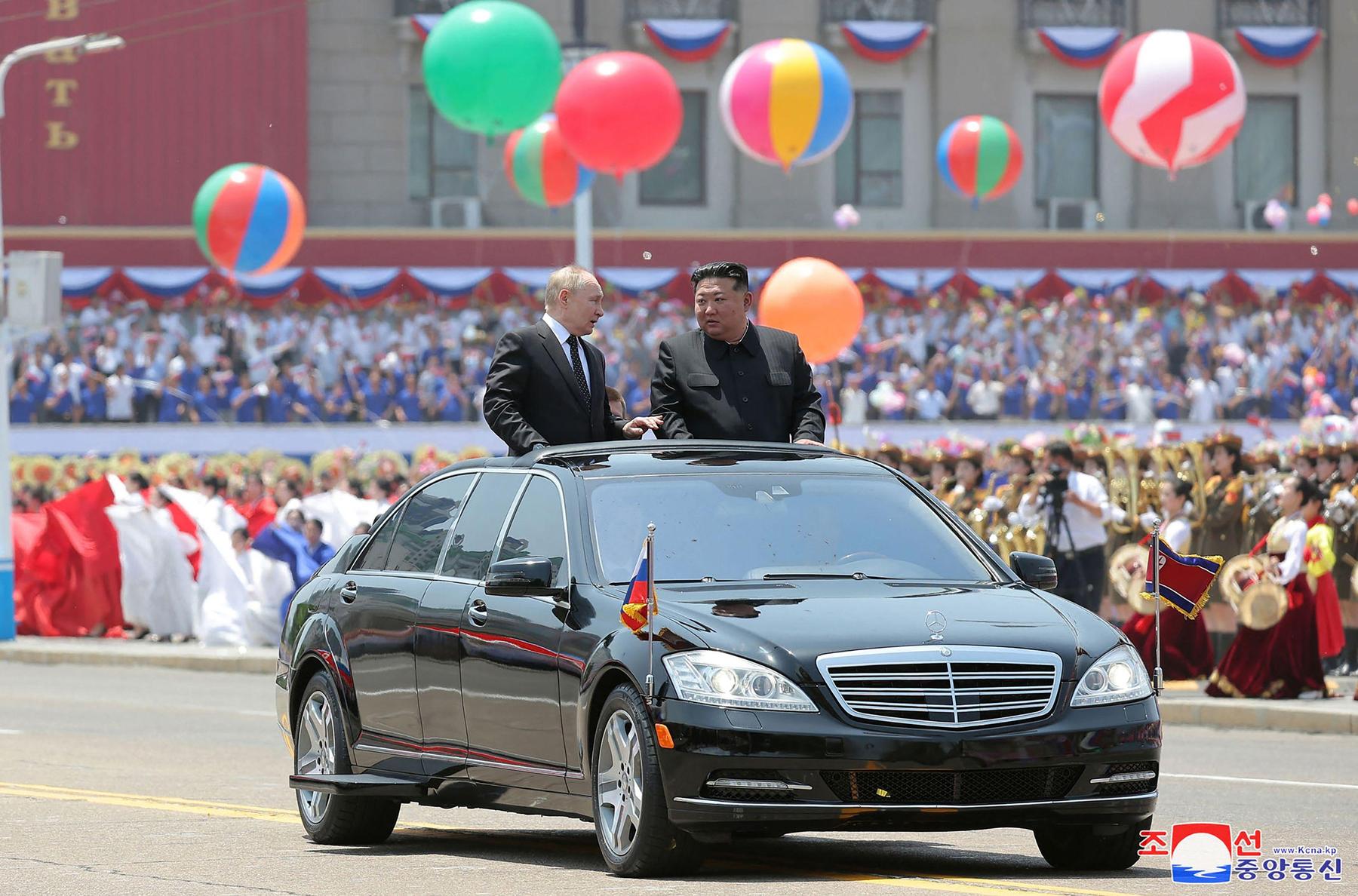Elisabeth Lindberg about banking economists and Trumponomics

What is going on in the world after Donald Trump’s so -called freedom day on April 2? Or « Orange Day », as it has already been called in a reference to Black Monday 1987. The more you stare blindly at the person Trump, the more incomprehensible it is that a single person can cause so much disorder.
Unfortunately, no one is less confused by the fact that banking economists are constantly showing up in the news.
SVT’s Aktuellt (3/4) invites a savings economist to go through the effects of Trump’s customs on the Swedish wallet. It is just that the interview provides non -existent background to customs policy, but flows over by advice on how different age groups should handle a swinging market price.
In SR’s studio one (7/4), Nordea’s chief economist talks that « we have been indoctrinated » in the belief in rising stock prices.
Customs is sentenced as somewhat deviating from normal economic truths, an outrageous crime against Business as usual.
« You should have had a buffer! » shouting the banking economists to the Swedish people when the pension money goes up in smoke
But why is Trump’s tariffs if it is so stupid now? This is not clear from this reporting. « You should have had a buffer! » the banking economists shout to the Swedish people when the pension money goes up in smoke.
For common people, however, it is difficult to guard against the US desire to restructure world trade. Because that’s what Trumponomics is all about.
The short background is that customs are a reaction to China’s export success – the long is that for 50 years, US presidents have tried to prevent fewer and fewer people in the United States from working with industrial production.
Richard Nixon introduced tariffs as early as the early 1970s. In the 1980s, industrial organizations campaigned for protectionist measures and became obeyed by the US Congress.
This is politics in the first place. And that is why the banking economists are betting on their analyzes.
In the 1980s, three decades of war in Korea, Vietnam and the Middle East had created inflation that pushed up the interest rates of the central banks. After the Coronapandemia, we have seen the same movement, and when inflation has been fought with high interest rates, capital is raised to a country: USA. The more people who want to buy dollars from the United States, the higher the dollar value, making it harder to export to the rest of the world. For example, industrial products. It is this development Trump wants to break.
The other side of the customs coin is that China’s position as an exporting country has become increasingly extreme. The regime does not believe in private consumption. It would rather just build bridges, railways and housing. Then it wants to sell its huge production abroad.

China has the capacity to produce half of the world’s range of steel and aluminum, and has the ability to meet two -thirds of all demand for electric cars. It goes without saying that the automotive industry in both the US and Europe crisis.
We are already alive in a new world order where protectionism, subsidies and industrial policy trump free trade. It is a development model that works, and that has made China and before that Japan and South Korea rich, as long as the rest of the host buys their goods. Imagine if the news media could portray such a great change in the economic-political rules of play.
The dream of recreating the United States as a prominent industrial country is worthy of sacrifice
For Trump and his administration, it doesn’t seem to matter if the world economy falls into a crisis. The dream of recreating the United States as a prominent industrial country is worthy of sacrifices. Trump wants Make America Great Again by re -launching Made in America Like the slogan. Ingmar Nevéus wrote in DN (5/4) That this drives both Trump and his supporters to anger over an economic system that they perceive disadvantages the United States.
In a way, of course, they are right: American industry has not been able to stand in competition. Joe Biden also wanted to challenge China’s dominance and return industrial jobs to the United States. Investments increased at a rapid rate, before inflation put a stop to Bidenomics.

At Truth Social (8/4), Trump writes that only the weak and stupid suffers from panic because of the stock market breed. It is similar to an almost socially Darwinian struggle for dominion over the world economy, which hardly follows the basic course in free trade.
And in anticipation of China and the United States, an economic balance of terror should learn to learn to listen less to « indoctrinated » banking economists.
Also read:
Tor Wennerberg: Donald Trump symbolizes a sick culture
Björn Wiman: Then a tyrant is stopped who believes herself selected by God








